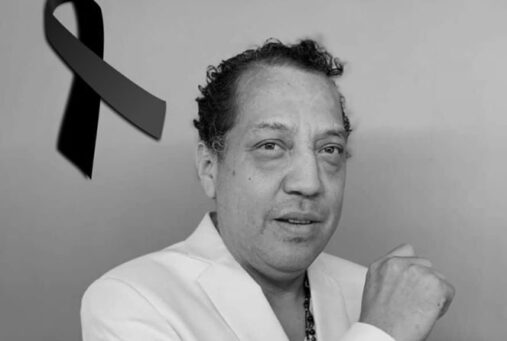
The LatAm Journalism Review spoke with experts to find out what the deaths reveal about the effectiveness and performance of the Mechanism for the Protection of Human Rights Defenders and Journalists, which was created in 2012.
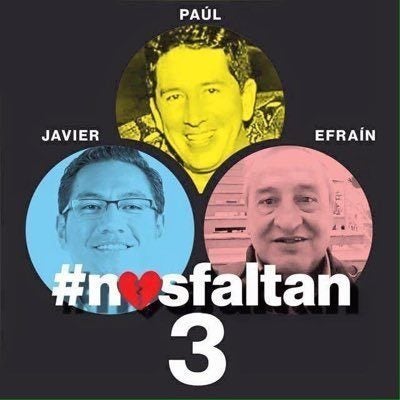
"For us it is a total mistake. Reducing the risk for journalists to four criminal risks is not recognizing that the main risks and aggressions have come from the State in the last 12 years," César Ricaurte said
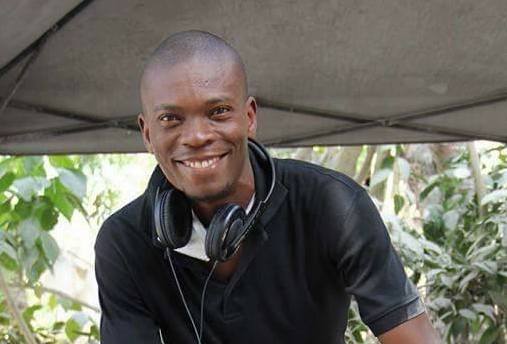
Haitian journalist Robenson Sanon was hit by a bullet in his forearm while covering protests in Port-au-Prince on Feb. 13.
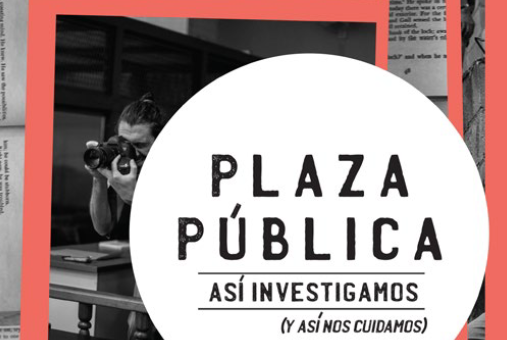
The Guatemalan investigative journalism site Plaza Pública recently launched a journalism and safety protocols manual for journalists that summarizes the lessons of its first six years of existence.
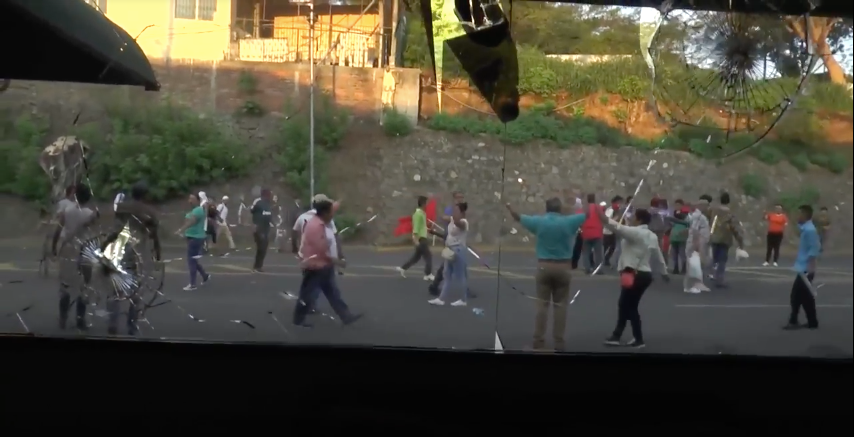
While reporters don helmets to cover violent protests in Nicaragua, human rights and press organizations are calling on the international community to pay attention to attacks on journalists and news media amidst protests against the government of President Daniel Ortega.
Cybersecurity, legal shields and working in alliances are some of the fundamental factors to consider when conducting journalistic investigations on corruption issues in Latin America, according to speakers on the Corruption Coverage panel, held during the 11th Ibero-American Colloquium of Digital Journalism in Austin, Texas on April 15, 2018.
Before strong criticism of its inefficiency, and the escalating number of attacks and murders of journalists and human rights defenders that Mexico has experienced in the last almost two decades, the Advisory Council for the Mechanism for the Integral Protection of Human Rights Defenders and Journalists in Mexico City was finally implemented. The council will seek to make this system in the country’s capital more efficient.
The Brazilian Association of Investigative Journalism (Abraji) announced on Jan. 24 that members of the organization will investigate the murder of radio journalist Jefferson Pureza Lopes, who was shot dead on Jan. 17 in the city of Edealina, in the state of Goiás.
In Mexico, journalists live under the terror of violence and although the government has created mechanisms to protect these professionals, impunity and insecurity continue in the country. These are some of the conclusions of David Kaye, UN Special Rapporteur on the promotion and protection of the right to freedom of opinion and expression, and Edison Lanza, Special Rapporteur for Freedom of Expression of the Inter-American Commission on Human Rights (IACHR), after a one-week mission to Mexico.
Following the October murder of Mexican photojournalist Edgar Esqueda in San Luis Potosí, Mexico, a cellphone video sent to a former police officer spread on the internet. It showed Esqueda, bound and on his knees, offering the names of crime reporters at newspapers across the state. In response, San Luis Potosí Gov. Juan Manuel Carreras ordered immediate protection measures—a police patrol car for every reporter named in the video.
Colombia’s Foundation for Press Freedom (FLIP for its acronym in Spanish) rejected threats against journalists Jineth Bedoya Lima and Salud Hernández Mora, as well as political and social leaders, allegedly proffered by a block of the illegal armed group Águilas Negras. The organization also demanded that authorities guarantee protection so that the journalists can continue with their work.
“It’s been 17 years of this red accounting (cuenta roja) in which we have not stopped counting the number of journalists killed. There are 109, and a good part of them in the last two administrations,” said Daniela Pastrana, director of Mexican journalists organization Periodistas de a Pie. “But the counting began, paradoxically, with the start of the democratic transition. That is one of the things that I still cannot explain.”